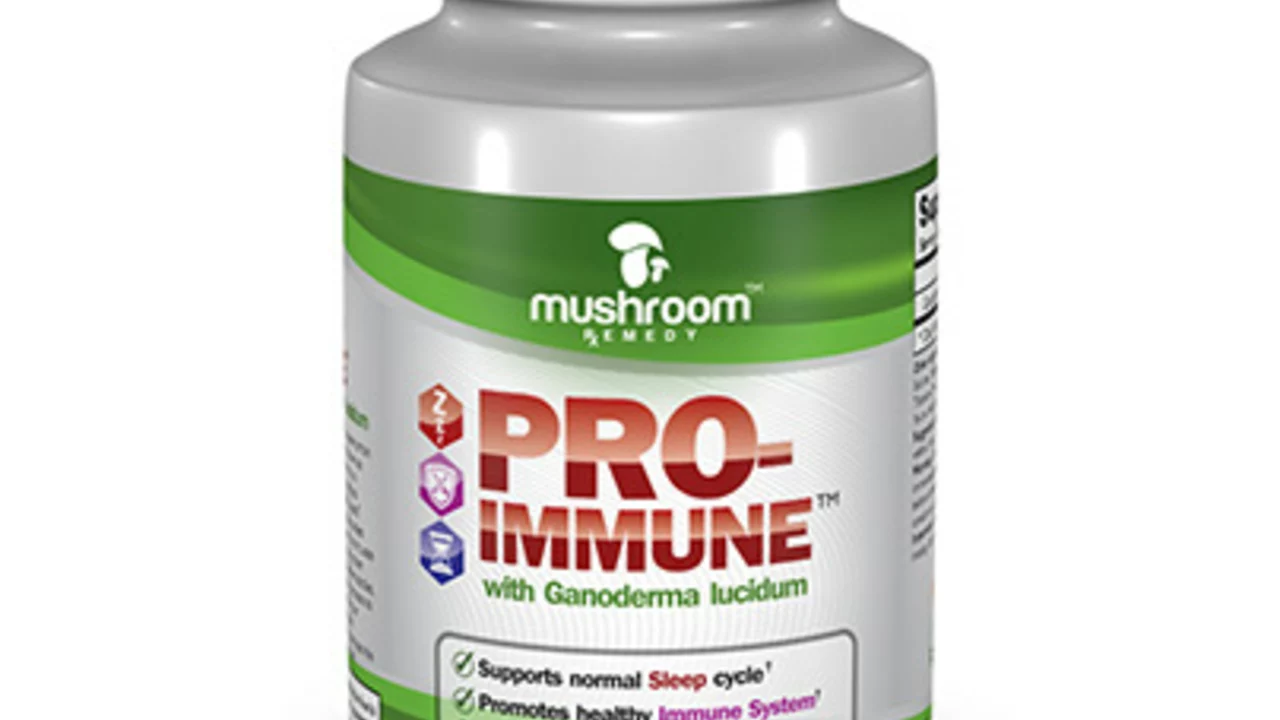Natural Dietary Supplement: Pick Safe, Effective Options
Natural doesn't always mean safe. Many supplements mix ingredients, use vague labels, or come from suppliers with weak quality control. If you want a supplement that helps rather than harms, focus on clear labels, third-party testing, and realistic claims.
Start with the ingredient list. A good product lists the scientific name, exact dose per serving, and the form used (extract, powder, standardized extract). Avoid “proprietary blends” that hide doses. If a bottle shows vague terms or tiny serving sizes, it probably won’t deliver the effects you expect.
How to read a supplement label
Look for a third-party seal like USP, NSF, or ConsumerLab. These show the product was tested for purity and content. Check the lot or batch number and an expiration date. Confirm active ingredients and the amount per serving. If the label claims to treat or cure a disease, treat that as a red flag; legitimate supplements support health but don’t replace medicines.
Check interactions and contraindications. Natural supplements can change how prescription drugs work. For example, some herbal extracts affect blood thinners, thyroid meds, or antidepressants. Ask your doctor or pharmacist about known interactions before you start anything new.
Safety tips before you buy
Buy from reputable sources. Online sellers with clear contact info, verified reviews, and transparent return policies are safer than anonymous marketplaces. Don’t chase the cheapest option—you often get what you pay for. If a product claims dramatic results overnight, it’s likely overpromising.
Watch for quality markers: Good Manufacturing Practice (GMP) statements, certificate of analysis (COA) on request, standardized extracts, and clear dosing. Country of origin matters; some regions have stricter rules. Keep supplements in original containers, store them as directed, and discard after the expiration date.
Start with one product at a time so you can spot side effects. Track what you take and any changes in symptoms. If you plan to use supplements for long periods, schedule follow-up with your healthcare provider and check lab tests when relevant.
Want specifics? Our site covers natural options like willow bark, DMSO, and herbal alternatives for common issues. Read detailed posts to learn benefits, risks, and practical usage info. Use those pages to compare options and to prepare questions for your clinician.
Finally, be skeptical of celebrity endorsements and flashy ads. Real effectiveness shows up in clear labels, consistent sourcing, and honest user experiences. Choose supplements that make reasonable claims, and treat them as one tool in a bigger health plan.
Before you try a new supplement, look up the manufacturer and read the certificate of analysis online if available. Scan ingredient order—ingredients near the top are higher amounts. Avoid products with lots of fillers like maltodextrin or unnecessary additives. Compare cost per milligram for active ingredients rather than bottle price. Keep receipts and batch numbers so you can check recall notices. If you’re pregnant, breastfeeding, or giving supplements to a child, get written advice from a clinician first.
Start small, track effects, and adjust with guidance regularly.

